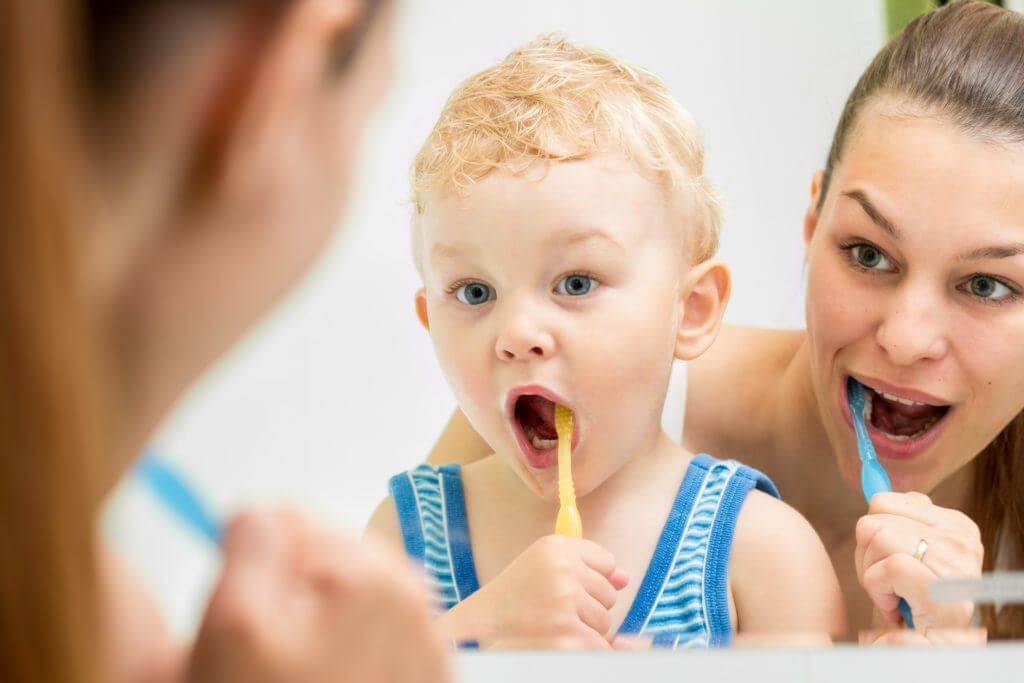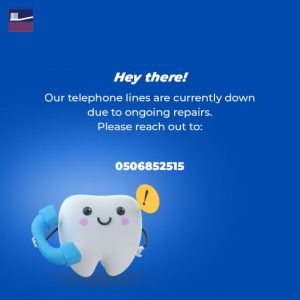
Starting early dental care is essential for the oral health of your child and helps them maintain healthy teeth for a long time. Healthy baby teeth help kids eat and speak with clarity. It guides permanent adult teeth in the most accurate position.
Most baby teeth will not be replaced until the age of 12 or 13 by permanent teeth. Dental care involves washing the gums of your child even before the teeth get into your mouth. It’s the simplest way to keep your child’s teeth and gums healthy.
Baby Teeth Development
Babies are born with a full set of 20 baby teeth concealed in their gums– 10 up at the top and 10 down at the bottom. As each child’s tooth hits the gum’s surface, the gum opens to reveal the tooth.
Around 6 and 10 months, most first teeth emerge, but children get teeth at different times. Teeth show as early as three months in some children. However, they do not arrive until about 12 months for some.
A very low amount of children are born with one or two teeth. But by three years of age, most kids will have their full set of baby teeth.
Dental Care For Baby Teeth
Use a soft infant toothbrush designed for children under two years of age once the first tooth appears. You can use a clean, damp face washer or gauze if your baby doesn’t like the toothbrush in his or her mouth.
Brush with water twice a day at least, especially after their first and last meals. Don’t use toothpaste at this age, unless recommended by the best pediatric dentist in Dubai.
Preventing Early Tooth Decay
Early childhood tooth decay refers to cavity growth in children between the ages of 6 months and 6 years. When the child’s teeth appear, they are at risk of decay of the bone. Several factors, including the bacteria that normally live in the mouth, cause tooth decay.
Decay can spread further into the tooth without treatment, causing pain and discomfort, and even harm to the underlying adult tooth. It may be necessary to remove the baby tooth or teeth.
The fight against tooth decay starts with a few basic steps early on in your baby’s life. Babies aged 0-6 months need only breastmilk or formula.
Don’t put your child to sleep with a bottle within his or her reach. If your baby is asleep, there is less saliva in her mouth to protect her teeth. If your baby sleeps with a bottle, formula, or milk, it may drop slowly into the mouth of your baby and soak her teeth.
Remember also that putting your baby to bed with a bottle is a choking hazard.
If your baby likes a chew toy, don’t dip it into food or liquids like honey or sugar. And don’t clean your baby’s chew toy by putting it in your mouth. Make sure to wash and sterilize it instead.
Conclusion
Note that dental decay is a transmissible disease that is contagious. Do not check the baby’s milk temperature with your hands, share utensils like spoons, cups, etc., or wash a pacifier or a bottle nipple by placing it in your mouth. These practices can help to stop the transmission of tooth decay or cavities causing bacteria.
For more information on neonatal dental care for your little one, schedule an appointment with one of our dentists today.





